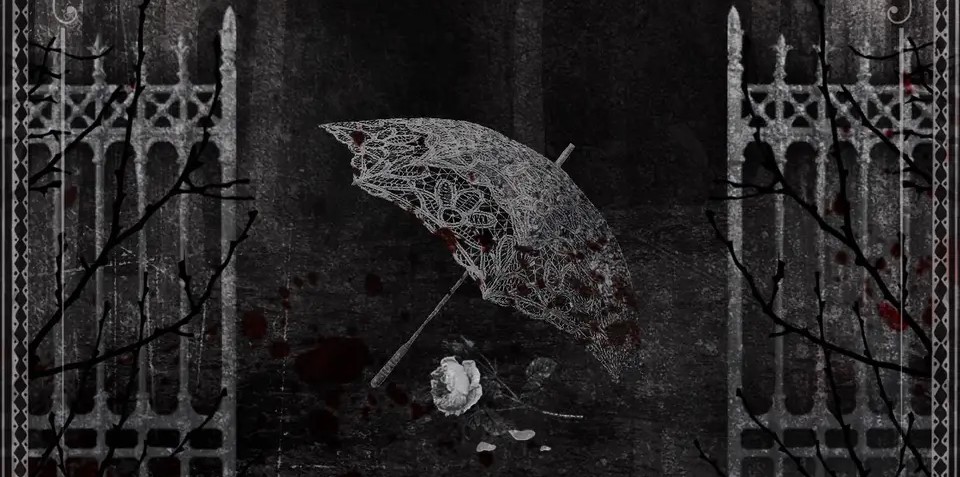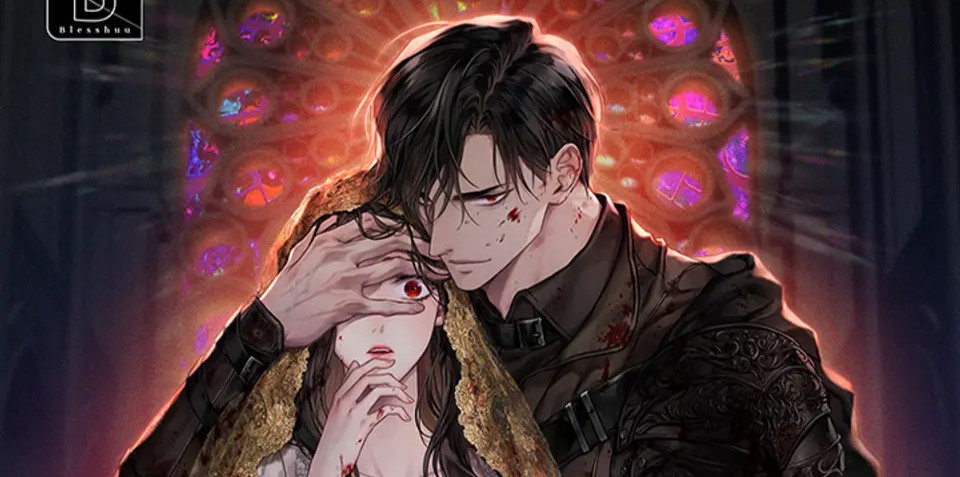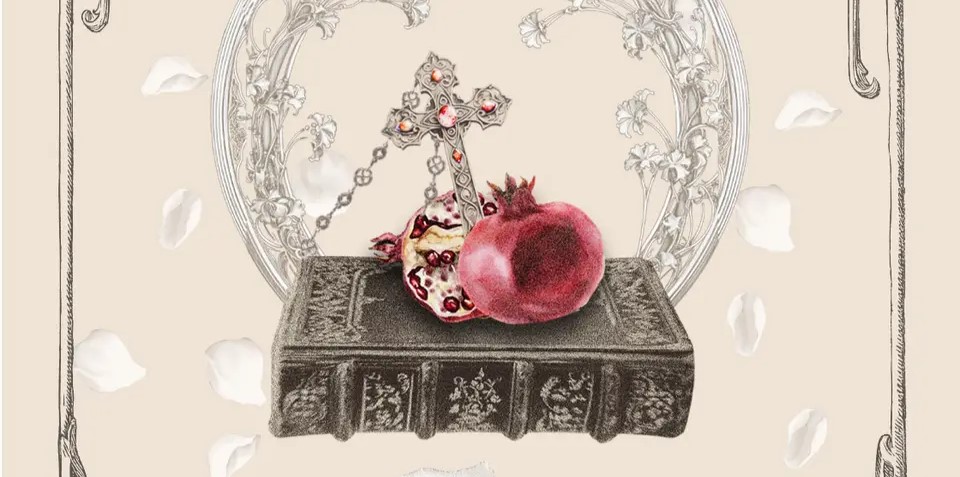We're Married, After All - Chapter 51
The man I once tried to love—Petios—lay asleep before me. He appeared to be under the influence of drugs, his pale complexion bearing the distinctive hue of someone addicted.
As my eyes adjusted to the darkness, more details became visible. Petios’s face was unmistakably sickly.
It wasn’t the look of someone who had merely fallen ill but rather someone who had been tortured.
There was a time when I desperately hoped there had been some unavoidable circumstances behind his actions—that he hadn’t abandoned me simply because he was slower and less capable than I was.
But this… this wasn’t what I had hoped for.
At that moment, Baroness Rodio spoke up.
“How much do you know, madam?”
“…Nothing at all,” I replied.
The baroness paused for a moment, caught off guard either by my candid admission or by the realization that I had reached this point while knowing nothing.
Regardless, she cautiously began to explain what she knew.
According to the baroness, Petios discovered just before the wedding that he was gravely ill. Perhaps overwhelmed by the thought that his days were numbered, he succumbed to despair. Rather than confessing his illness, he chose to disappear.
But as his condition worsened, his resolve faltered. Eventually, he reached out to the only person he could trust—Danel, the one who had helped him escape from the Veloce territory.
The Rodio couple saw this as an opportunity. Years prior, an epidemic had devastated the finances of Lamprey Castle. In such dire circumstances, when Danel expressed interest in purchasing an abandoned house where his brother could recover, the couple agreed.
The alliance only grew stronger as Petios’s condition deteriorated. A hospital was built, doctors and caregivers were hired, and a room was constructed from which Petios could never leave on his own.
“Lord Veloce himself made the request,” the baroness said with a stiff smile. Her usual composure was replaced by visible tension.
“He wanted to hide his condition from everyone, especially you. But occasionally… he acted contrary to that desire. When under the influence of drugs, he would sometimes do things he didn’t intend to.”
The baroness openly studied my reaction.
It was only then that I understood her true intent. She wanted to mend my relationship with Danel, to ease my suspicions by revealing the truth.
I stared blankly at Petios’s face.
“He hid in Lamprey Castle to avoid showing me this state of his?”
The baroness was probably telling the truth—or at least the truth as she knew it. Given her current agitation, it would have been difficult for her to fabricate a lie.
It wasn’t just the baroness. The old woman beside her wore a similarly devastated expression, glancing between me and Petios. They genuinely believed he had fallen seriously ill and confined himself to this room.
But I didn’t.
I had known Petios my whole life. Fifteen years had passed since I began trying to love him, staying by his side. Petios was not someone capable of such deep consideration.
“If he were the kind of person who could think that far ahead, he wouldn’t have run away like that in the first place.”
Seeing my expression, the baroness grew more desperate in her attempts to persuade me. From her perspective, keeping Petios here meant maintaining Danel’s support, so it was in her best interest to restore my trust in him.
But I paid little attention to her words. I was certain the story the baroness believed to be true was flawed.
Of all the information she provided, the only part that might be accurate was that his health deteriorated after he fled. The claims that he hid his appearance out of shame or refrained from seeking help out of guilt—those were all lies.
And as for Danel… that Danel hid this truth for both my sake and Petios’s…
Images of the dark lines in Danel’s sketchbook flashed before my eyes. Distorted, almost grotesque drawings colored in black…
A bitter laugh escaped me. If only I could believe those sweet words.
“So why did Danel help Petios? For what purpose?”
Afterward, I followed the old woman out of the ward. I didn’t even bother trying to memorize the path. Halfway through, I even lowered the hand holding the knife.
Baron Rodio was waiting outside the hospital. Upon confirming from a distance that his wife was unharmed, he let out a sigh of relief. I silently watched his face relax with relief.
And then, out of curiosity, I asked:
“Do you love the baroness?”
“…No. I simply trust her.”
The baroness responded with a soft smile, gentler than ever before. She was the picture of a perfect noblewoman. Had she been born into a better family, she would have ruled the social circles of the royal capital rather than this rural region.
Moved by a sense of admiration, I shared my true feelings with her.
“I don’t trust my husband.”
It struck me once again how unsuited I was to the role of a noblewoman. I lacked a graceful smile, refined hobbies, and trust in my husband. And yet, I had come to genuinely care for such a husband.
The baroness remained silent. I instinctively knew she wouldn’t repeat my words to her own husband.
When faced with such heavy truths, pretending not to know was often the key to a long life.







